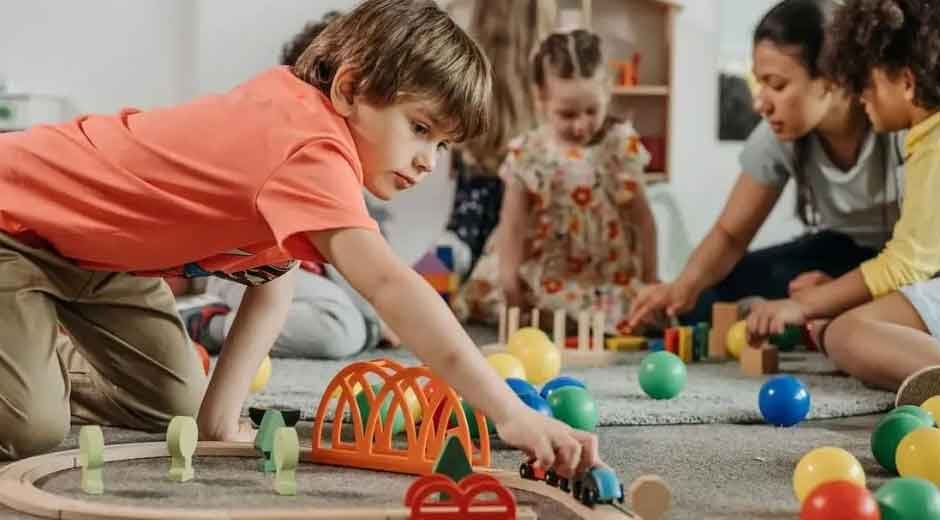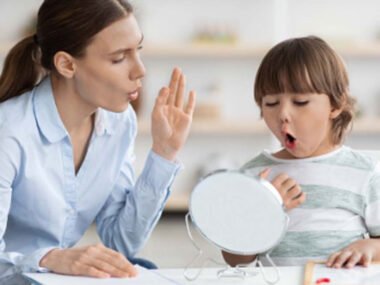Playing is more than just entertainment. It’s a vital part of how children explore their world, build skills, and shape their understanding of themselves and others. Through play, kids learn to solve problems, express creativity, and connect emotionally. From imaginary adventures to building with blocks, these experiences are more than simple pastimes; they’re powerful tools for development that shape a child’s future.
Play Sparks Imagination and Creativity
Creativity starts early, and brands like Mattel have long supported this by offering toys that spark storytelling, roleplay, and exploration. From dressing up as superheroes to inventing wild stories with dolls, kids naturally use play to stretch their imagination. Toys that encourage open-ended play give children the freedom to explore without rules or pressure.
Imagination doesn’t just make playtime exciting; it teaches kids to think creatively and think outside the box. As they come up with new ideas and scenarios, they’re learning to approach problems in creative ways. This kind of thinking lays the foundation for innovation later in life, if they’re designing new products or solving real-world challenges.
Social Skills Start with Simple Games
Sharing, taking turns, and working through disagreements are all lessons that kids first learn on the playground or in the living room. Playing with others helps children develop an understanding of cooperation and empathy. From playing board games with siblings to building a fort with friends, they learn to listen, compromise, and respect others’ ideas.
These early interactions also help children understand social cues. Through facial expressions, body language, and tone of voice, they begin to comprehend how people communicate beyond words. This emotional awareness is crucial to forming strong, healthy relationships as they grow.
Building Confidence One Game at a Time
When kids try something new during play and succeed, even in small ways, they build confidence. Mastering a puzzle, learning to ride a scooter, or simply winning at a game shows them what they’re capable of. Play provides low-pressure opportunities to test limits, take risks, and learn from mistakes.
It’s not just about winning. Failing and trying again teaches resilience. Encouraging children to persevere even when things get tough helps them develop grit, a quality that supports long-term success in school and life.
Physical Play Builds Strong Bodies and Minds
Running, climbing, dancing, and jumping are not just activities that burn off energy; they also build coordination, strength, and body awareness. Play that involves movement supports healthy physical development and helps kids manage stress and sleep better.
Active play also strengthens focus. After moving their bodies, kids are more ready to sit, learn, and pay attention. It’s no surprise that schools with more recess time usually see better concentration and behavior in the classroom. Allowing children to move freely is one of the most natural ways to prepare them for structured learning.
Play Fuels Curiosity and a Love of Learning
Children are naturally curious, and play fuels that curiosity. Stacking blocks, pretending to be a doctor, or exploring new toys; all these activities spark kids’ curiosity and lead to discoveries. Learning through play is hands-on and meaningful, making it more likely to stick.
Brands like Mattel help support this process by creating toys that spark questions and inspire experimentation. These playful tools encourage children to engage deeply, leading to better problem-solving and memory. Instead of memorizing facts, they learn by doing, and that’s when real growth happens.
The power of play goes far beyond entertainment. It shapes how kids think, move, and relate to others. It helps them grow into confident, creative, and compassionate adults. With thoughtful play opportunities, from toys that challenge the brain to games that build friendships, kids become more prepared for future challenges. Embracing play as a key part of learning isn’t just.










